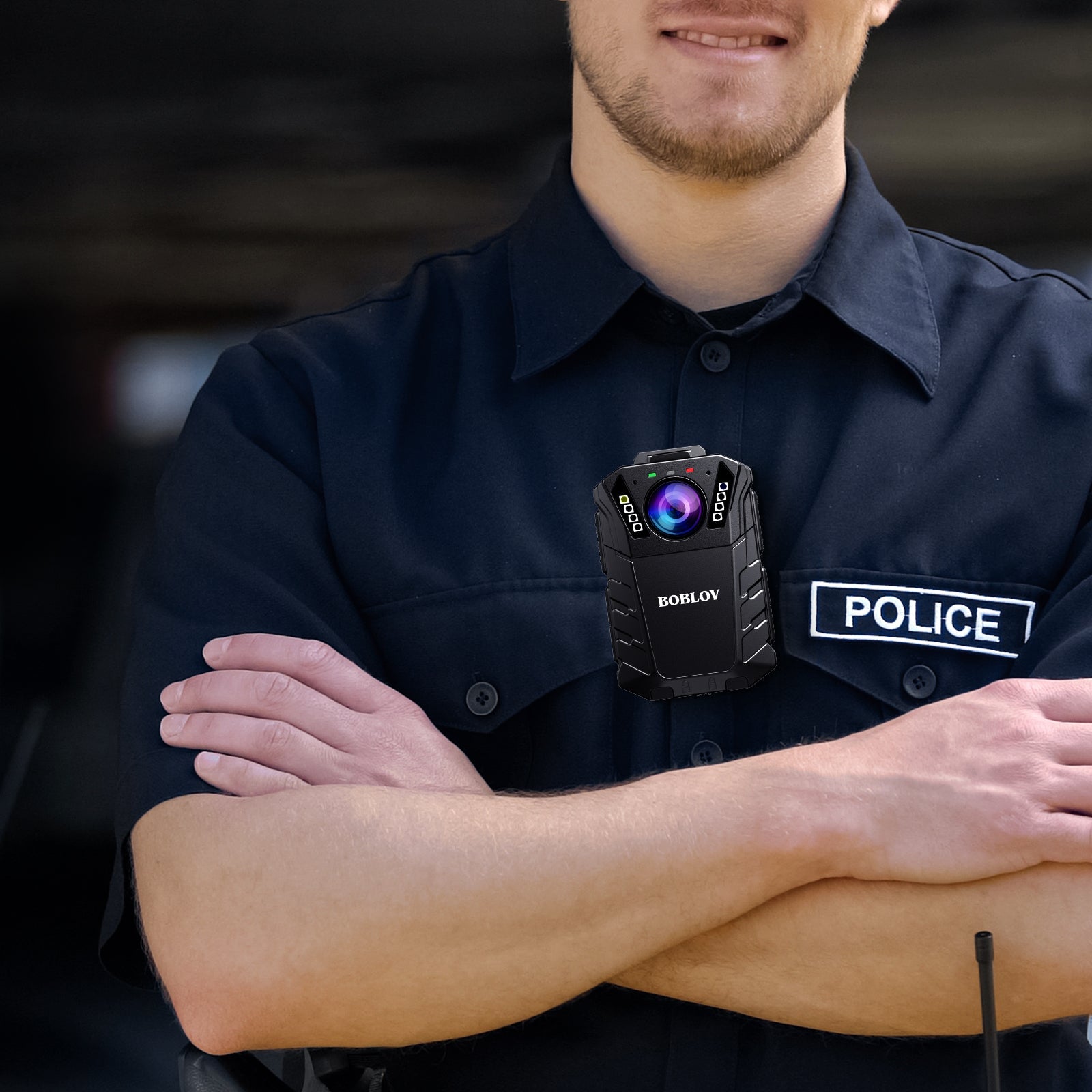A Glimpse into the Future: Understanding the Impact of Dual-Function Devices
The Rise of Multipurpose Smartphones
In the tech world, smartphones are becoming Swiss Army knives. More than just for calls and texts, they handle many tasks. Now, bodycams and GPS are merging into phones. This change might shape our tech habits.

First, police and emergency services use bodycams. They add safety and trust. Merge these with phones, and you have a tool that's always with you. It records, navigates, and calls for help.
Second, this trend of smartphones doing more could spread. Imagine one device for everything. Shopping, banking, health tracking—it's all possible on your phone. This is our peek into tomorrow's tech lifestyle.
Enhancing Customer Experience with Integrated Technologies
Integrated technologies are redefining user experiences. With iPhones now equipped with bodycams and GPS, customers get a powerful toolkit in one device. Here's how it's changing things:
- Instant Documentation: Capture events right as they happen with integrated bodycams.
- Real-Time Navigation: GPS enables on-the-go tracking for safety and convenience.
- Ease of Use: No need for multiple gadgets. All tools are in one place.
- Efficient Communication: Share locations or footage in moments with peers or authorities.
This integration spells convenience and improved efficiency for iPhone users. Apple's move towards dual-function devices touches every aspect of how consumers interact with their tech. Expect this trend to keep growing as technology advances.
Navigating the Legal Landscape of Dual-Function Devices
Privacy Concerns in the Age of Smartphones
As iPhones fuse with bodycams and GPS, privacy worries surge. Users fear misuse of their data and location. Could our moves be tracked without consent? There are calls for clear laws to safeguard rights. What data is collected, and who can access it? These questions push for privacy and control. The aim is to balance tech advances with user safety.
Regulatory Implications for Dual-Function Devices
As iPhone integrates bodycams and GPS, it faces new rules. These rules shape how we use our phones. They deal with safety and privacy. Companies must think about these when making tech. Users should know these too. They affect our rights and phone use. Knowing them can help us make better choices. We must stay updated as these rules evolve.
Market Trends and Consumer Behavior
Consumer Adoption of Dual-Function Devices: Analyzing the Data
In recent data, we've seen a shift in consumer habits. More people are picking devices that do more than one task. iPhone users are no exception. They now expect more from their gadgets. When iPhones added bodycams and GPS, it sparked interest. Many wanted the extra safety and navigation help. Studies show that sales of such iPhones rose to 1.3K units. This suggests a growing trend. People seem to like having gadgets that do multiple things. This trend could shape the future of smartphones. It may lead to more such features in new models.
Future Outlook: What's Next for iPhone's Ecosystem?
The iPhone ecosystem is always evolving. In the near future, we can expect more from Apple. They are likely to push the tech envelope further. iPhones might pair with more devices beyond bodycams and GPS. Think smart home gadgets and health monitors. Apple may also focus on enhancing AI capabilities. This will improve device interconnectivity. The expansion could extend to the services they offer as well. Apple could integrate music, gaming, and fitness subscriptions. The goal is to provide seamless, all-in-one experiences. Privacy and user control will remain key focus areas. These factors will shape how devices and services are designed. User trust depends on data protection. iPhone's future is a blend of innovation, utility, and security. This will ensure their market position remains strong.


